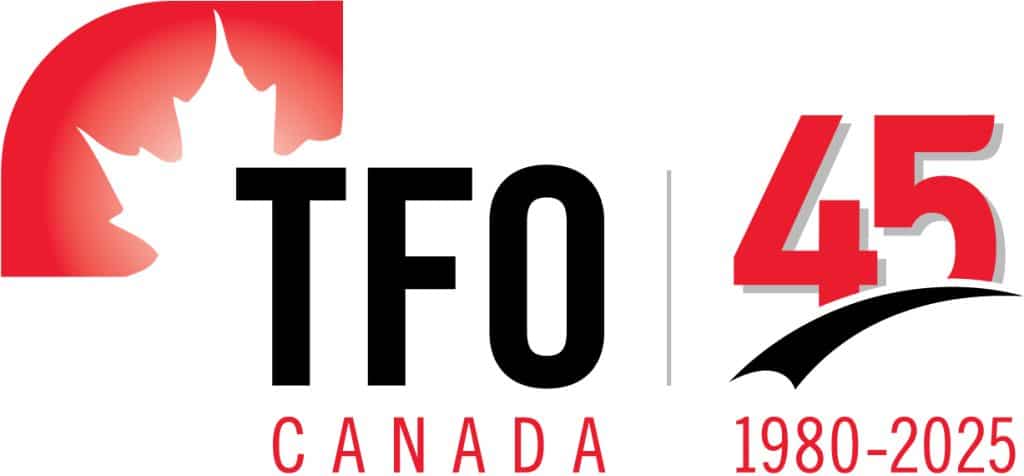“Reducing post-harvest losses and increasing revenue”
“For decades, fruits, especially pineapples, have been dried using sunlight in East African Uganda. “This drying method does not allow for stable qualities or predictable production quantities. Due to the associated quality risks, small farmers lose up to 40 percent of their total production volume. Moreover, they have to bear this risk themselves,” explains Dr. Daniel Neyer. In close cooperation with the University of Innsbruck and the engineering office Neyer Brainworks, TWIGA Sun Fruits has been supporting organic farmers in the town of Kangulumira since 2021 with advice and assistance. Thanks to the implementation of state-of-the-art drying plants and the creation of new sales channels in his home country Austria, the income of small farmers can be significantly increased, Neyer elaborates in the interview.
Following the establishment of Twiga Sun Fruits GmbH in 2021, last year saw the implementation and commissioning of an innovative, self-sufficient system solution with a drying plant from Innotech and food processing equipment from Kronen. Thanks to photovoltaics and solar thermal energy, the fresh organic pineapple pieces can now be processed gently and sustainably. So far, the dried fruits (either rings or pieces) are mainly marketed through their own online shop (www.twiga-sunfruits.org). Neyer: “The ratio of fresh to dried fruit is about one to sixteen: That means, from two pineapples with a total of four kilograms, we end up with a 250-gram package. We are now aiming for sales of seven tonnes per year, with a maximum production volume of nine tonnes per year.”
It was a conscious decision to start on a small scale, Neyer continues. “After all, one must not forget that it takes a lot of time and patience to build mutual trust. If we succeed in doing this, we would have the potential to scale our production many times over. There are many pineapple farmers in our region of Kangulumira who would then need to be certified accordingly. My long-term goal is to reach an annual volume of 150 tonnes, so that a container full of dried pineapples could be exported to Europe every month. We would need to produce two to three tonnes per month to also supply the large organic market chains. However, it is important to me that we always keep in mind the farm to fork strategy, that is, a holistic view of the value chain.”
Our joint investments have already borne fruit, Neyer concludes. “With our project, we will enable our partners in Kangulumira to earn a fair income and achieve sustainable increases in prosperity. Our TWIGA Sun Fruits campaigns will double the current organic export sales price of the organic farmers for a kilo of dried pineapples. Our main concern is to promote the development of a rural region of Uganda and contribute to sustainable food systems.””
*This article is excerpted from freshplaza.com website, published April 24, 2024
